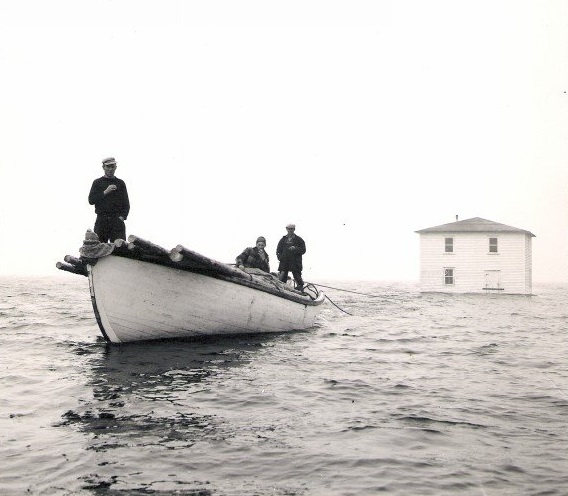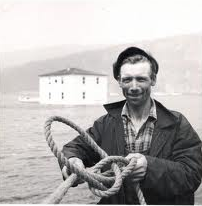Resettlement
Newfoundland Resettlement Program
The Newfoundland Resettlement Program was a relocation effort initiated by the Canadian government in the mid-1960s. Its aim was to resettle families from small, isolated fishing villages along the coast of Newfoundland to larger, more centralized communities. The program was driven by concerns over declining fish stocks, a lack of economic opportunities, and limited access to modern amenities and services in these coastal villages.
Over the course of several years, thousands of people were resettled from their ancestral homes to new communities, often facing significant cultural and economic challenges in the process. Despite its well-intentioned goals, the Newfoundland Resettlement Program remains a controversial episode in Canadian history, and its legacy is still felt in many rural communities in Newfoundland today.

Many Newfoundlanders living in outport island communities accepted the government offer to move to more centrally located towns. For many, this meant the heartache of leaving their ancestral home and the end of a self-sufficient way of life.

Malcom Rogers of Dover
Malcom Rogers used empty oil drums to relocate his family from Silver Fox Island to Dover during the government's 1960 resettlement program.
